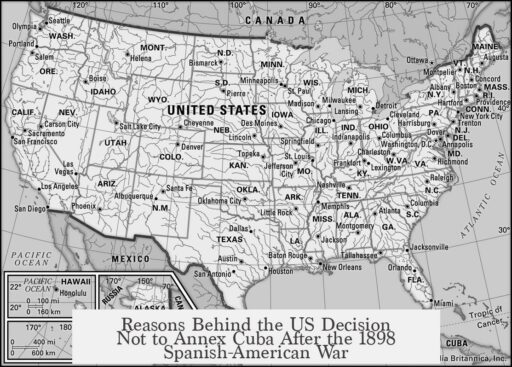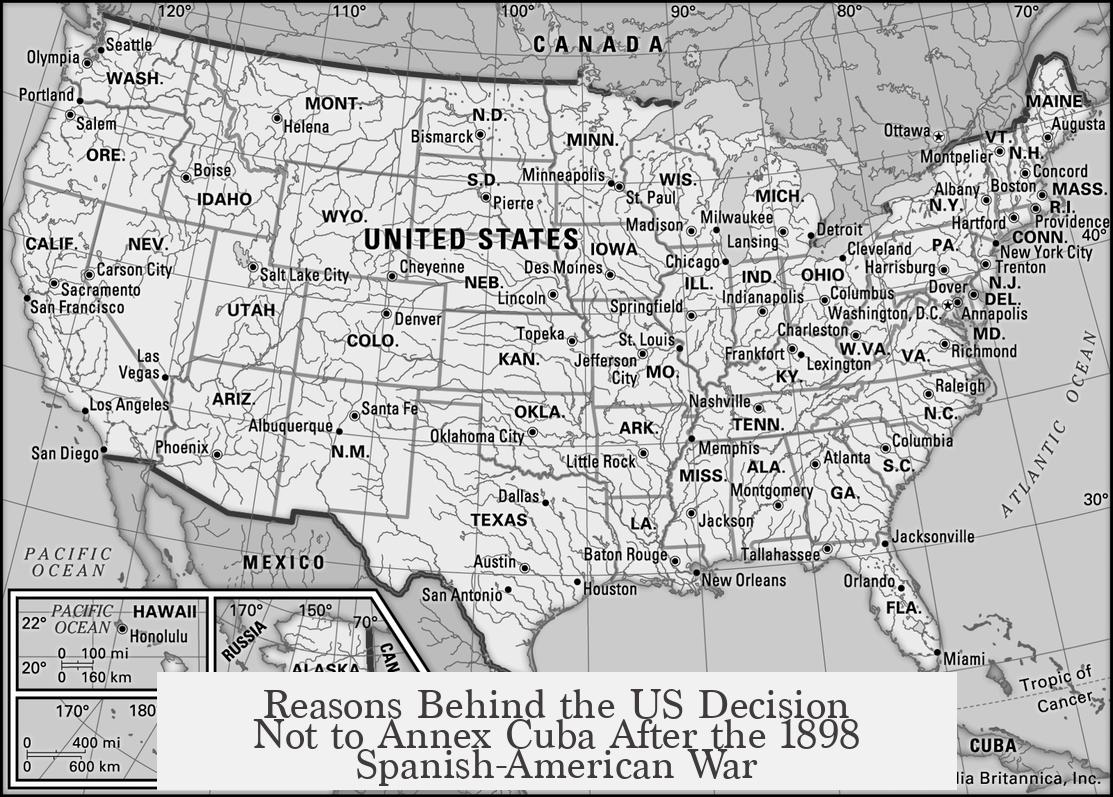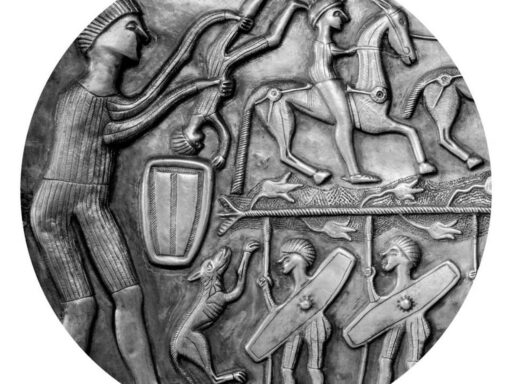The US did not annex Cuba after the Spanish-American War of 1898 primarily because it preferred to maintain economic control without formal annexation, respected emerging principles of Cuban self-determination, and pursued a diplomatic strategy aligned with the Good Neighbor policy.
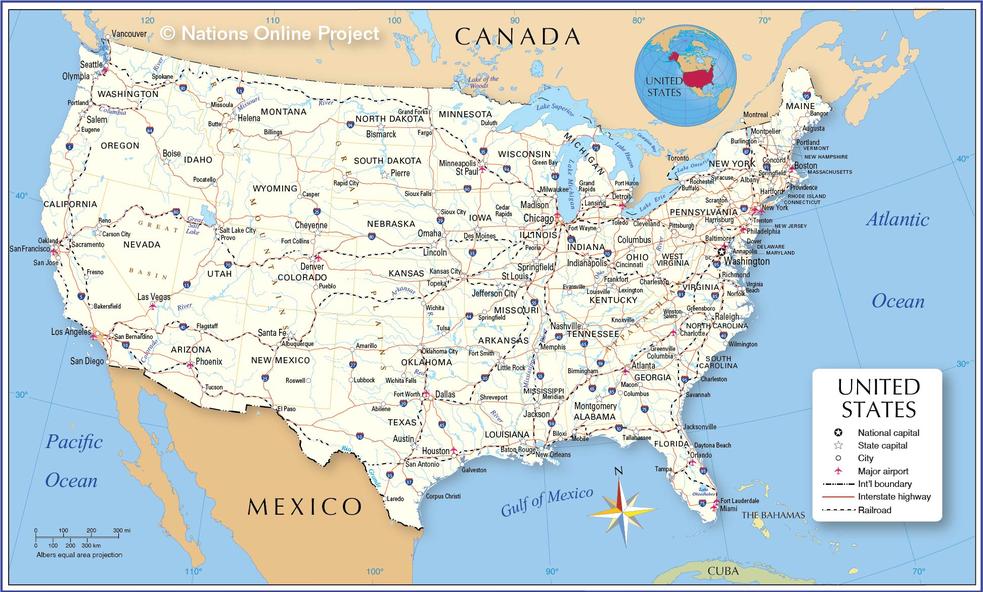
Rather than direct governance, the US sought to dominate Cuba’s economy while allowing it nominal independence. By 1926, American companies owned about 60% of Cuba’s sugar industry and imported 95% of the crop. This economic influence gave the US substantial control and profit, without the costs of formal annexation.
Politically, the US aimed to signal to European powers that its interventions were not motivated by imperial conquest. The administration of President Theodore Roosevelt emphasized supporting Cuban independence to demonstrate a commitment to self-governance rather than colonial rule. This position aligned with a broader diplomatic stance later called the Good Neighbor policy, which avoided overt territorial expansion in favor of regional cooperation.
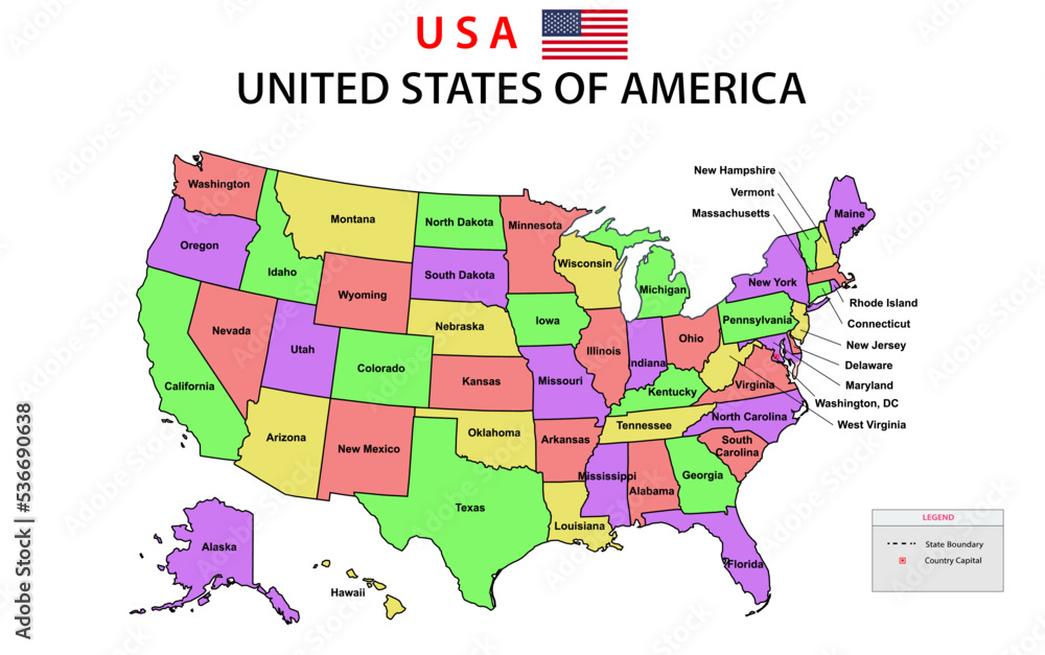
Domestically, many Americans opposed imperialistic expansion. Roosevelt and others believed it was wrong to subjugate people outright. The goal was to prepare Cuba for self-rule, similar to US intentions for the Philippines, but with a stronger emphasis on eventual sovereignty. Public opinion and political ideals reinforced restraint from annexation.
The US military government also invested in Cuban infrastructure, hygiene, and education. These efforts aimed to develop Cuban institutions to handle independence responsibly. Building schools and improving public health reduced the burden of governance on the US and helped establish stable, friendly relations.
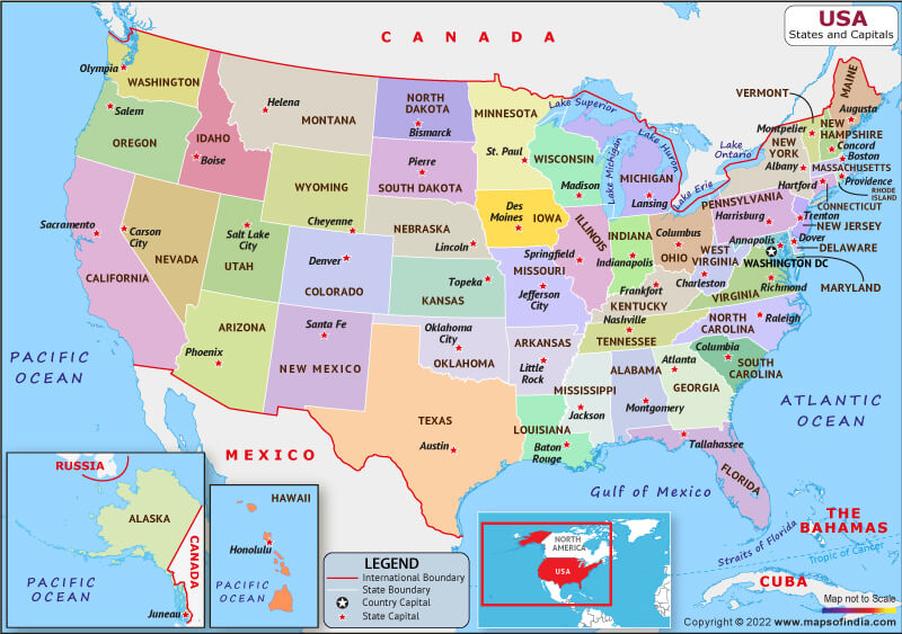
| Factors Against Annexation | Details |
|---|---|
| Economic Control | US influence over Cuban industry without formal rule |
| Diplomatic Strategy | Showcase benevolent intervention, avoid imperialism |
| Domestic Opposition | Public and leadership resistance to empire-building |
| Preparation for Independence | Investment in infrastructure and governance |
- The US achieved economic dominance without annexing Cuba.
- Political motives reflected a desire to avoid colonial reputation.
- Many Americans opposed outright imperialism after the war.
- Infrastructure development prepared Cuba for self-rule.
Why Didn’t the US Annex Cuba After the Spanish-American War of 1898?
To put it simply: the United States opted not to annex Cuba after the Spanish-American War because it was more beneficial to control Cuba economically and politically without the hassles of direct governance, wanted to maintain a diplomatic image of a “good neighbor,” faced domestic opposition to imperialism, and aimed to prepare Cuba for eventual independence.

Let’s unravel this fascinating historical choice with a bit of context, some economics, and even a dash of political diplomacy. After all, history often has less to do with sword-wielding conquerors and more with money, image, and public opinion.
Economic Control Without Annexation: The Sweetness of Sugar (and Avoiding Ownership Headaches)
Imagine owning the biggest confectionery factory but leasing out the building instead of buying it outright — you profit but don’t pay property taxes or fix the roof. That’s pretty much how the US treated Cuba after 1898.
Rather than fully annexing Cuba, the US governments and companies controlled the island’s economy from behind the scenes. By 1926, American companies owned a whopping 60% of Cuba’s sugar industry and imported 95% of the entire Cuban sugar crop. That’s dominance without the fuss of running the day-to-day government or welfare programs.
This approach is smart business. Economically, Cuba remained “independent” on paper but was largely run through American interests—allowing the US to profit heavily while sidestepping expensive and complicated governance burdens. Who needs direct ownership when indirect control yields such sweet rewards?
Political and Diplomatic Reasons: Flexing the “Good Neighbor” Muscle
At a time when European empires were busy carving up the world, the US decided to play a different game. President Theodore Roosevelt and other leaders wanted to broadcast a message: “We’re not imperialists.”
By not annexing Cuba, America aimed to prove it wasn’t just about grabbing territory. Instead, it promoted a “Good Neighbor Policy.” This is a fancy way of saying the US wanted to show Europe and the wider world that it sought friendly cooperation with nearby countries rather than taking over them.
The decision to avoid annexation helped the US avoid being labeled as just another imperial power. It carefully walked the tightrope between strong influence and apparent respect for sovereignty. A clever diplomatic move that shaped US-Latin American relations for decades.
Domestic Opposition: When America Said “No, Thanks” to Imperialism
Surprising, perhaps, but many Americans, including influential leaders like Roosevelt, were uneasy with outright empire-building. They didn’t simply want to collect colonies like baseball cards.
In fact, there was notable opposition within the US against imperialism. Values like self-determination—letting people govern themselves—held weight. Roosevelt himself believed the goal wasn’t to subjugate Cuba permanently but to support independence once the island was ready.
Given the era’s debates, annexing Cuba might have sparked serious political backlash at home. Americans wanted influence but struggled with the morality and practicality of direct colonial rule. So they struck a middle path: strategic control without outright ownership.
Infrastructure and Preparation: Building Cuba’s Independence Toolbox
The US didn’t just wave the flag and walk away. It rolled up its sleeves and invested in Cuba’s infrastructure, hygiene, and education. In many ways, the US tried to prepare Cuba for self-rule, creating a stable ground for an independent nation that would remain allied—or at least friendly.
Back then, territories like the Philippines proved expensive and difficult to manage directly. Cuba seemed a better bet for this “training wheels” approach. The US provided roads, schools, and public health measures during its military governance, setting the stage for an independent Cuba that could thrive and maintain close economic ties.
This investment showed a pragmatic understanding that direct governance wasn’t just costly but complicated. Building goodwill through development promised long-term influence without the administrative headache.
So, What’s the Takeaway?
This story teaches us that geopolitical decisions are rarely about conquest alone. The US priorities after the Spanish-American War were nuanced:
- Economic Benefits Over Territorial Rule: It’s possible to profit more and risk less by controlling a country’s economy, rather than annexing the entire country.
- Image Matters: The US was keen on sending a diplomatic signal that it wasn’t another colonial power grabbing land.
- Domestic Politics Count: Democracy on the home front resisted outright imperialism and favored self-determination.
- Smart Investments Build Influence: Building infrastructure and preparing Cuba for independence secured US interests without the mess of direct rule.
Ask yourself: In today’s world, do powerful countries still use economic influence over direct control? The echoes of this policy resonate in many international relationships even now.
Next time you bite into sugar or hear about Cuba, remember—sometimes being the landlord pays off more than owning the building.
